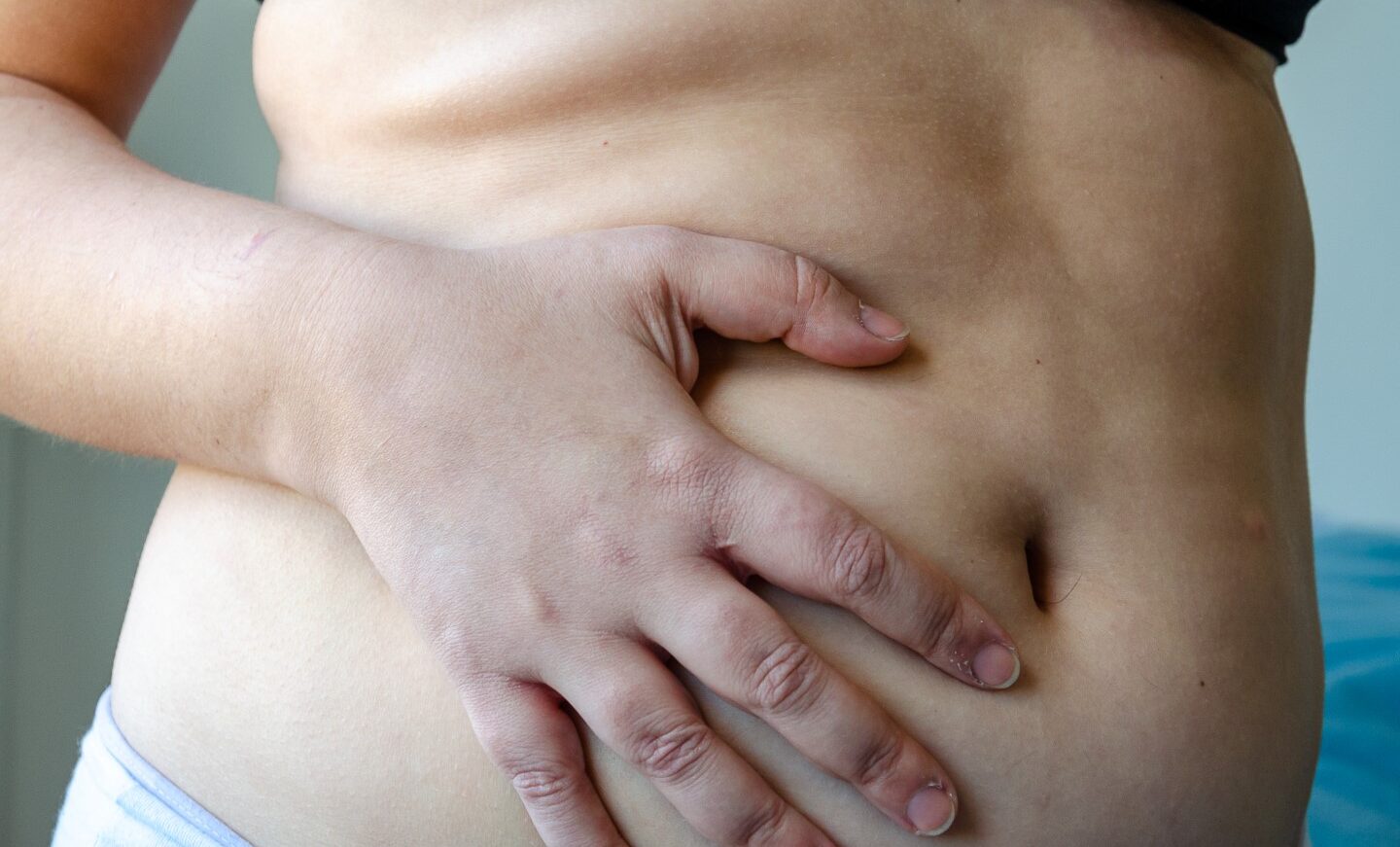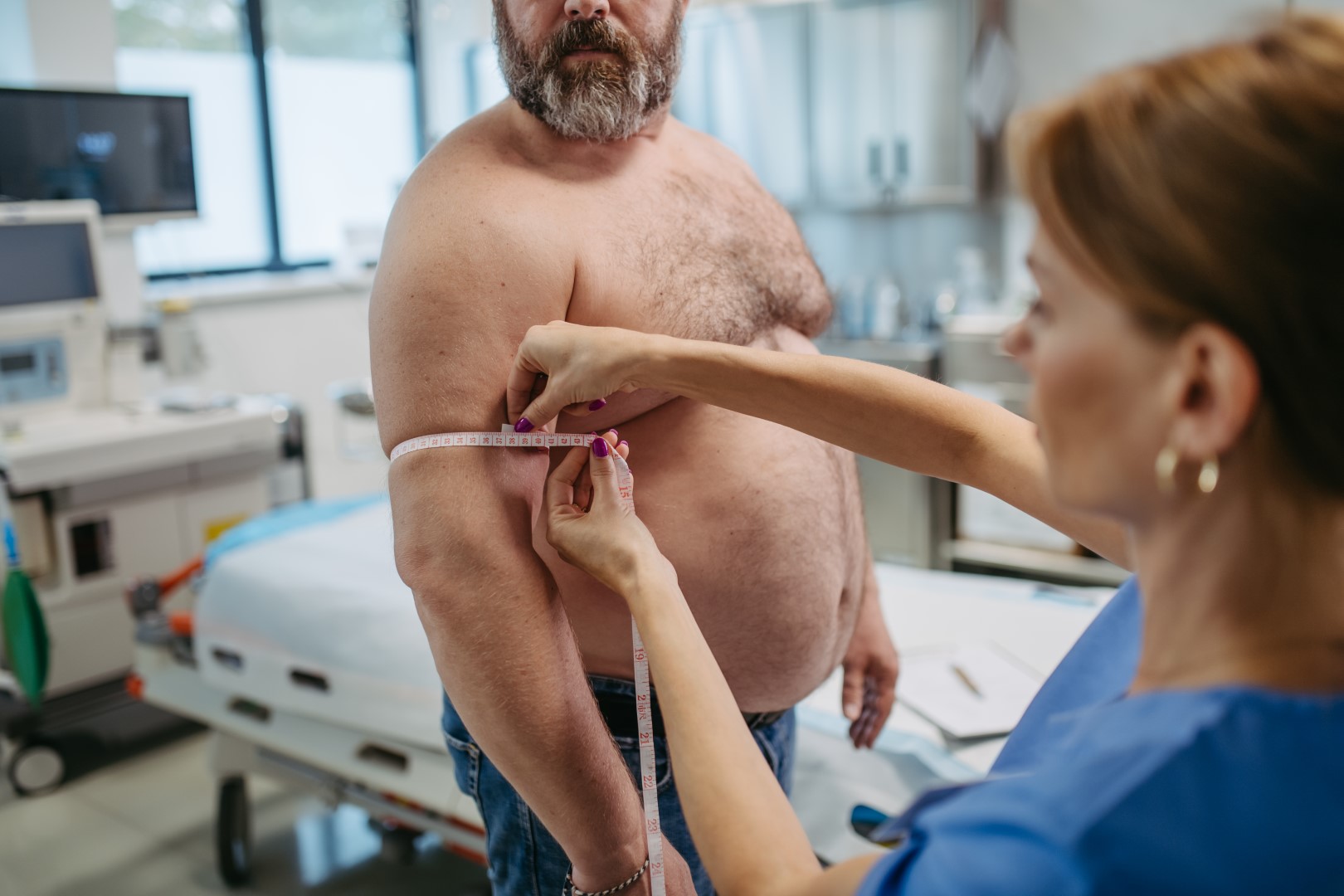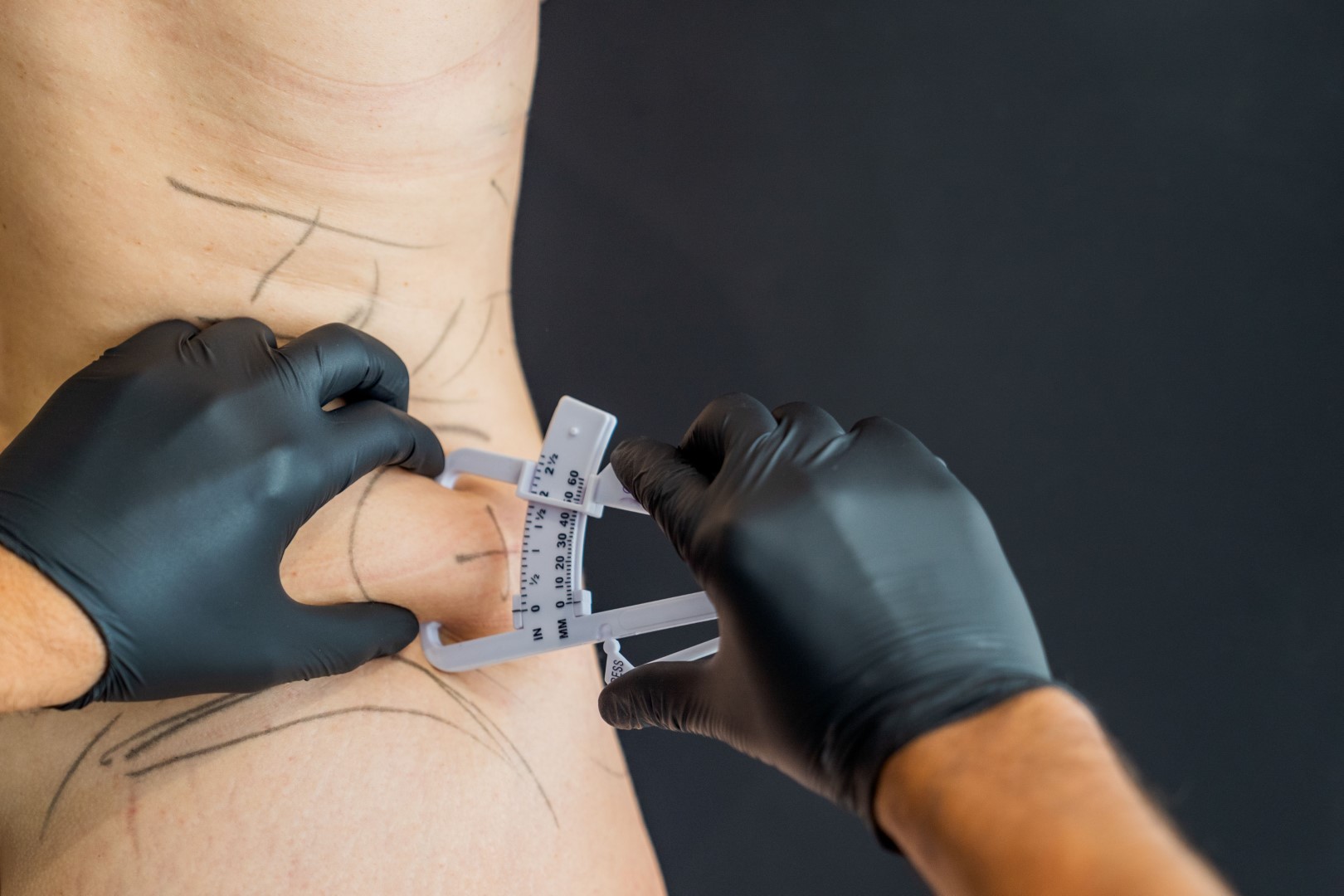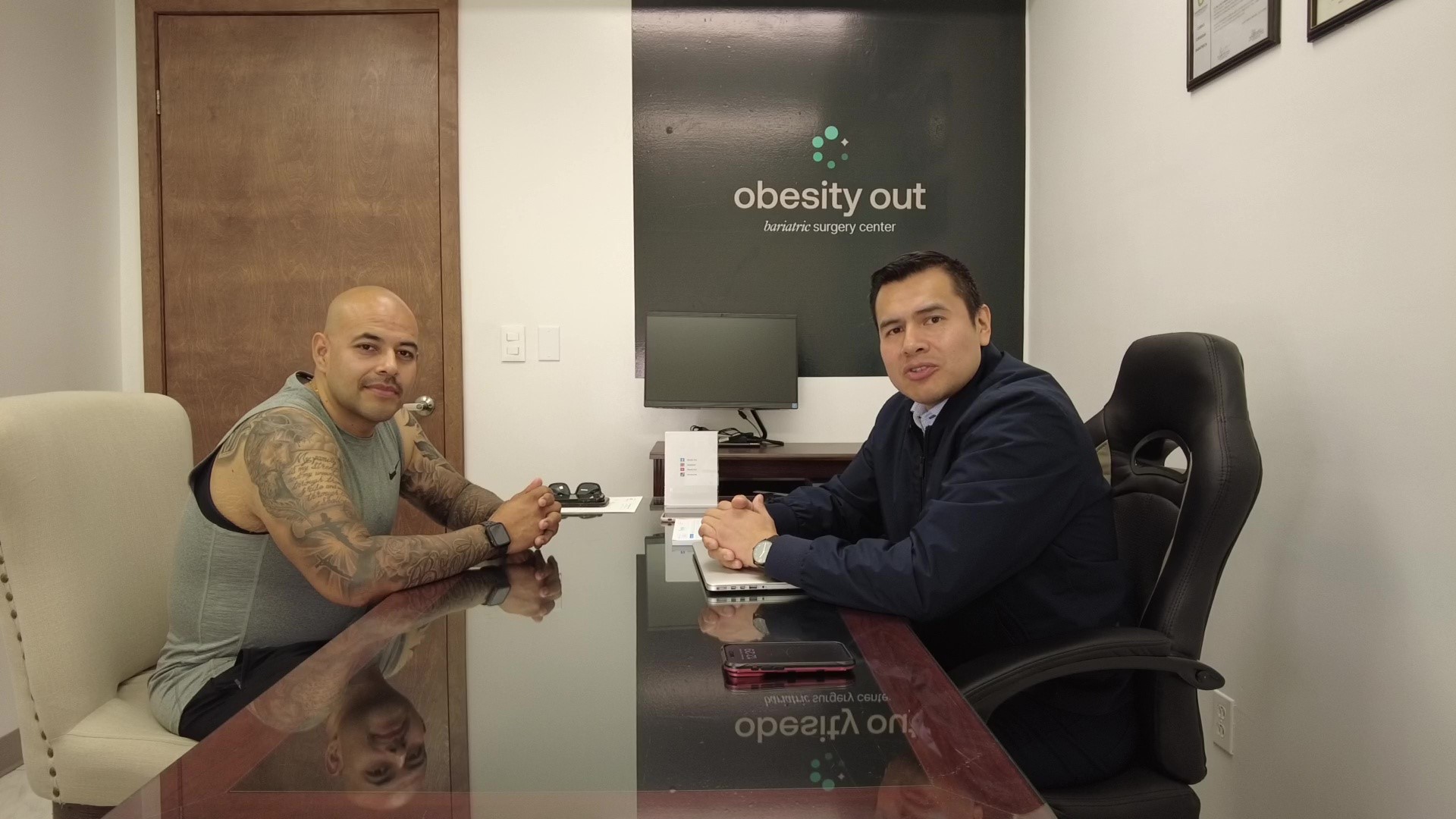The bariatric surgery is an increasingly common procedure for those struggling with severe obesity and related health conditions. However, it is natural to wonder how life changes after undergoing this intervention. In this blog post, we will explore the key aspects of post-operative life and address some of the most common questions patients have about their recovery and adjustment to a new lifestyle.
For many, bariatric surgery represents an opportunity for a radical transformation both physically and emotionally. However, it can also raise questions and concerns about the changes that may arise in everyday life. From the relationship with food to body image and physical activity, life after bariatric surgery can present unique challenges and opportunities for significant personal growth.
Throughout this note, we will examine how bariatric surgery can impact different aspects of daily life and how patients can adapt and thrive in their new reality. From dietary changes to aesthetic considerations and ongoing weight management, we will offer valuable information and insights into what it really means to live after bariatric surgery.
With the expert guidance of Dr. Luis Cano and his team at Bariatric Surgery in TijuanaWe will explore how patients can navigate this journey with confidence and optimism. Join us as we unravel the mysteries of post-operative life and discover how bariatric surgery can pave the way to a healthier, more fulfilling life.
How does life change after bariatric surgery?
Bariatric surgery is a turning point in the lives of those who choose it. Beyond weight loss, this intervention can have a significant impact on many aspects of daily life. One of the most obvious changes is the improvement in physical health, which can lead to greater energy, mobility and overall quality of life. Weight reduction and management of obesity-related health conditions can enable patients to participate in activities that were previously difficult or impossible for them.
However, the changes go beyond the physical. Bariatric surgery can also have a profound impact on mental and emotional health. For many patients, weight loss and improved health can boost self-confidence and self-esteem, allowing them to face life with a more positive and confident attitude.
In addition, bariatric surgery can affect personal and social relationships. Changes in diet and lifestyle can influence family dynamics and social interactions, and patients may need to adjust their relationships to adapt to their new reality. Some patients may also experience a change in the way they are perceived by others, which may lead to a reevaluation of friendships and relationships.
In summary, bariatric surgery represents a significant change in the lives of those who undergo it. While the effects vary from person to person, it is important to recognize that life after bariatric surgery can be radically different and, in many cases, profoundly enriching.
Are there foods you will never be able to eat after bariatric surgery?
After undergoing bariatric surgery, it is common for patients to wonder if there will be foods they will have to permanently eliminate from their diet. While each case is unique and dietary recommendations may vary depending on the type of surgery and individual needs, there are some general guidelines that patients usually follow.
In general, bariatric surgery patients are advised to avoid foods high in calories, fat and refined sugars, as these can be difficult to digest and may cause digestive discomfort. This includes fried foods, fast food, sugary desserts and high-fat snacks.
In addition, some patients may need to avoid certain foods that can cause digestive discomfort or complications. For example, fibrous foods such as nuts, seeds and stringy meats may be difficult for some patients to digest and may cause intestinal blockages. Similarly, highly spiced or spicy foods can irritate the stomach and cause digestive discomfort.
However, it is important to keep in mind that dietary restrictions after bariatric surgery are not necessarily permanent. Over time and under the guidance of a healthcare professional, many patients can gradually reintroduce certain foods into their diet, as long as they do so in moderation and pay attention to how their body responds.
In summary, while there may be some foods that bariatric surgery patients should avoid initially, this does not necessarily mean that they will never be able to enjoy them again. With the right approach and enough time to adjust, many patients find a balance that allows them to enjoy a wide variety of foods while maintaining their health and well-being.
Sagging Skin After Bariatric Surgery
Massive weight loss after bariatric surgery can leave some patients with excess sagging skin, especially in areas such as the abdomen, arms, legs and face. This phenomenon is because the skin stretched during weight gain loses elasticity as you slim down, and may take some time to adapt to the new body contour.
It is important to note that not all patients will experience loose skin after bariatric surgery, and the amount of loose skin can vary significantly from individual to individual. Factors such as age, genetics, the amount of weight lost and how quickly it was lost can influence the amount of loose skin that remains.
For some patients, sagging skin can be more than a cosmetic problem; it can also cause physical discomfort and even interfere with mobility and quality of life. In these cases, reconstructive surgery, such as abdominoplasty or brachioplasty, may be an option to remove excess skin and improve the appearance of the body.
However, it is important to keep in mind that reconstructive surgery can carry risks and complications, just like any other surgical procedure. Patients should speak with their bariatric surgeon and a board-certified plastic surgeon to determine if reconstructive surgery is right for them and to discuss the potential risks and benefits.
Ultimately, sagging skin after bariatric surgery is an important aspect to consider in the weight loss journey. While it can be physically and emotionally challenging for some patients, there are options available to address this issue and help patients feel more confident and comfortable in their bodies after bariatric surgery.

Can You Still Lose Weight 5 Years After Bariatric Surgery?
Weight loss after bariatric surgery can vary from patient to patient, and some patients may wonder if it is possible to continue losing weight years after the procedure. While most patients experience their greatest weight loss in the first 12 to 18 months after surgery, it is possible to continue losing weight for several years after the procedure.
The key to continued long-term weight loss after bariatric surgery lies in maintaining healthy lifestyle habits and following the medical team's follow-up recommendations. This includes adhering to a balanced and nutritious diet, engaging in regular physical activity and participating in ongoing support from health professionals and support groups.
In addition, it is important to keep in mind that bariatric surgery is not a magic bullet for weight loss, but rather a tool that can help patients achieve a healthier weight and improve their quality of life. Patients who are committed to their long-term health and wellness are more likely to experience lasting results and continue to lose weight in the years following surgery.
It is important for patients to understand that weight loss may become slower and more gradual over time, and they may not experience the same rates of weight loss as they did in the first few months after surgery. However, with the right commitment and ongoing support, many patients can continue to lose weight and maintain positive long-term results after bariatric surgery.
Bariatric surgery is a procedure that can transform lives by helping people achieve a healthier weight and improve their overall well-being. However, it is important to understand that life after bariatric surgery can present unique challenges and require an ongoing commitment to health and wellness.
Throughout this blog post, we have explored various aspects of life after bariatric surgery, from changes in diet and body image to the possibility of continued long-term weight loss. While each experience is unique, there are some universal truths that patients should keep in mind.
First, bariatric surgery is a powerful tool, but it is not a quick or definitive solution to weight loss. Long-term success requires an ongoing commitment to healthy lifestyle habits, including a balanced diet and regular exercise.
Second, it is important to understand that life after bariatric surgery can be an emotionally challenging journey. Changes in body image, personal relationships, and self-esteem may require time and support to adjust.
In summary, life after bariatric surgery can be rewarding and enriching, but it can also present unique challenges. With the right support, commitment to healthy habits and a positive attitude, patients can meet these challenges and enjoy a full and healthy life after bariatric surgery. If you are considering this procedure, be sure to speak with a healthcare professional to fully understand what is involved and how it may affect your life in the long run.






